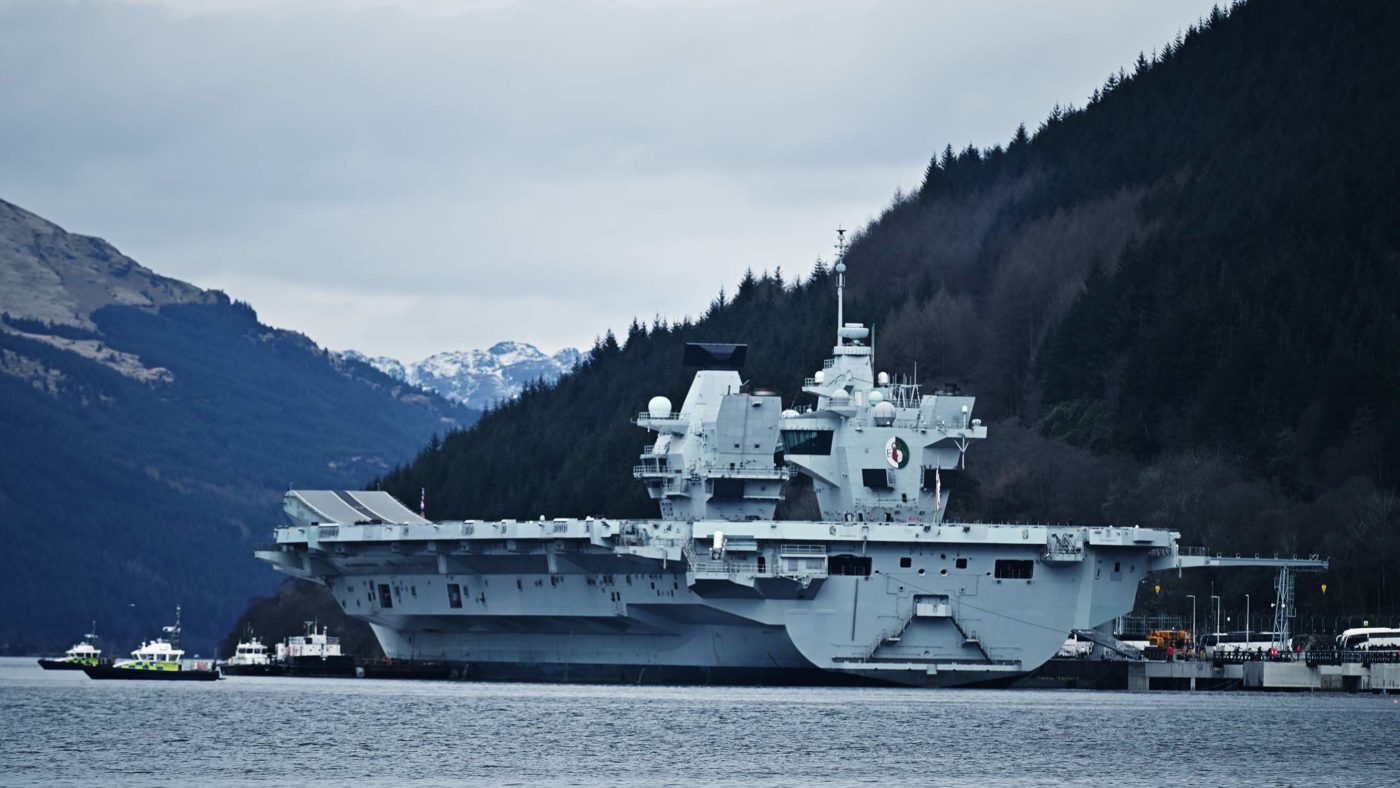Today sees the much-anticipated publication of the Integrated Review, Britain’s bold strategic proclamation of its role in the world. Building on the Global Britain concept, which has been criticised for several years as little more than a slogan, the review finally puts some meat on the bone and offers insight into where Britain sees itself and what it wants to achieve over the next decade.
The foundations of the review have a firm maritime focus which combines technological innovation, championing free trade, acting as a guarantor of the ‘open international order’ and building upon Britain’s strong Euro-Atlantic foundations to take the lead amongst European nations in the Indo-Pacific region. This ‘tilt’ to the Indo-Pacific will include an enhanced relationship with India, accession to the Comprehensive and Progressive Agreement for Trans-Pacific Partnership trade pact, ‘Dialogue Partner’ status with ASEAN and an acknowledgement that China has become a ‘systemic competitor’ in the region and globally.
Although bold, these ambitions are realistic and attainable. However, to achieve them, the UK must commit serious naval resources in the Indo-Pacific region. The deployment of HMS Queen Elizabeth at the head of a multilateral task force later this year is a strong first step and will illustrate Britain’s continued ability to deploy a substantial force in support of the open international order and at great range.
Yet a single deployment alone is not enough to ward off all challenges to British, and allied, interests, particularly in the Indo-Pacific. As such, it is encouraging that the review has committed Britain to maintaining a persistent presence greater than any other European power. Enhancements to existing outposts in the region, such as in Oman, the Indian Ocean and Singapore will be key to support this.
As well as in the Indo-Pacific, the review makes clear that Britain’s commitment to the Euro-Atlantic area too will remain robust. Just because NATO’s forward-deployed elements are typically land- and air-based in places such as the Baltic and the Balkans – to which Britain contributes heavily – does not mean the maritime component of the alliance is any less important and that a naval-focused strategy has no part in it. NATO is, ultimately, inherently a maritime alliance predicated on unfettered maritime access between North America, the British Isles and continental Europe. Without naval dominance in the Atlantic, American and British power cannot be projected into Europe when required.
Bearing all of this in mind, the government is right to commit to upholding a strong navy. Over the coming years the Queen Elizabeth-class aircraft carriers should continue in a state of constantly cycled deployment across the Euro-Atlantic and Indo-Pacific supported by the requisite escorts, making clear that Britain remains committed to an open international maritime order.
However, the Integrated Review also makes clear that, given the state of intensifying geopolitical competition the world finds itself in, the document is only the beginning of a longer evolution of Britain’s strategic posture. As hostile actors and systemic rivals continue to strengthen, Britain will need to boost its armed forces further still. This will mean more submarines and escorts to ensure adversaries remain challenged wherever they pose a threat to free and open nations. It will also require better technologies to overpower them.
In particular, the ‘systemic challenge’ from China is unlikely to abate. That means Britain should continue to strengthen its relations with partners such as Japan, India, Australia, and Canada. It should also develop closer relations with other Indo-Pacific states, particularly the region’s smaller powers. This will help ensure that the Indo-Pacific remains free and open and that China does not grow so strong that it is free to spread unopposed into the Euro-Atlantic space.
Click here to subscribe to our daily briefing – the best pieces from CapX and across the web.
CapX depends on the generosity of its readers. If you value what we do, please consider making a donation.


